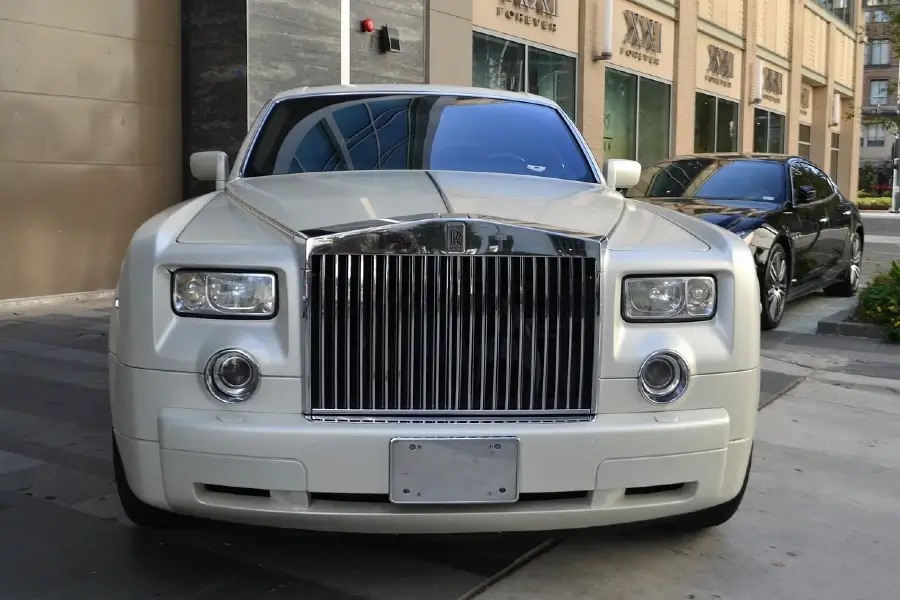Quiet luxury refers to a marketing concept employed by upscale firms to highlight a prevailing trend that stresses refined elegance and discreet branding. This style diverges from the conventional approach of luxury brands, which frequently employ ostentatious logos and conspicuous branding to showcase their status. Reserved high-end brands believe their products should communicate value without excessive promotion or advertising. They emphasize utilizing premium materials and skilled artistry to produce enduring masterpieces with lifetime durability. In addition, they refrain from employing explicit branding and instead choose to use inconspicuous logos or no branding whatsoever.
This phenomenon is being propelled by various factors, which encompass:
- There is an increasing need for authenticity and genuineness among customers.
- A transition towards less ostentatious spending and a preference for more subtle fashion choices.
- There is an increasing recognition of the ecological consequences of the large-scale production of fashion items.
Contemporary luxury buyers prioritize authenticity and originality above showy consumption.
Increasingly, a subset of consumers is drawn to understated luxury goods that offer superior craftsmanship and enduring designs, providing a sense of satisfaction without ostentation. These firms demonstrate that it is feasible to exude luxury without being showy.
The following are notable attributes of silent luxury brands:
Quiet luxury manufacturers exclusively utilize premium materials, including cashmere, silk, and leather, while maintaining exceptional craftsmanship. They also employ ancient artisan processes to produce their items.
Timeless designs: Luxury businesses that focus on quiet elegance prioritize the creation of enduring designs that will never become outdated. They eschew fashionable trends and create enduring products.
Subtle branding: Reserved luxury firms refrain from employing conspicuous branding. Instead, they choose to use understated logos or altogether forego any branding.
Emphasize the importance of quality rather than quantity: Exclusive luxury brands manufacture a restricted amount of top-notch items. Their primary focus is crafting durable things designed for longevity instead of mass-produced items that rapidly become outdated.
The emergence of quiet luxury is transforming consumers’ perception of luxury items.
Quiet luxury firms are increasingly emphasizing offering their clients distinctive experiences, such as private events and VIP access.
Notable quiet luxury brands include:
“The Row”: refers to a specific group or collection of items or individuals arranged in a straight line or formation.
Céline
Max Mara and Loewe
“The Elder Statesman”: refers to a highly respected and influential person with extensive experience and knowledge in politics or government.
Brunello Cucinelli
The emergence of quiet luxury is transforming consumers’ perception of luxury items. Historically, luxury brands prioritized showcasing affluence and social standing through ostentatious logos and opulent designs that demanded attention. Nevertheless, a recent category of high-end labels has surfaced, adopting a more subtle and restrained approach to luxury. These exclusive luxury companies prioritize superior artistry, enduring aesthetics, and understated intricacies that are discernible only to genuine fans.
What is the main factor behind the increasing popularity of understated luxury? Consumer preferences are transforming. Contemporary luxury buyers prioritize authenticity and originality above showy consumption. They desire possessions that mirror their style and principles rather than merely indicating their affluence and social standing to others. Quiet luxury brands satisfy this need by providing polished, graceful, and subtle products rather than flamboyant and flashy ones.
Many high-end luxury firms strongly emphasize sustainability and ethical manufacture, utilizing environmentally friendly materials and ensuring fair labor standards.
Another contributing element to the expansion of silent luxury is the growing significance of sustainability and ethical manufacturing. Numerous affluent customers express apprehension regarding the ecological and societal consequences of their acquisitions, and they actively seek companies that align with their principles. Many high-end luxury firms strongly emphasize sustainability and ethical manufacture, utilizing environmentally friendly materials and ensuring fair labor standards. This commitment allows them to develop items that are not only aesthetically pleasing but also socially responsible.
With the growing popularity of understated opulence, conventional luxury firms are seeing the need to adjust. Businesses recognize that they can no longer depend exclusively on their brand name and tradition to lure customers. Instead, they should adopt the concepts of understated luxury and integrate them into their business structures.
This entails emphasizing excellence rather than quantity, highlighting the artistry and intricacy involved, and prioritizing sustainability and ethical manufacturing. By adopting this approach, traditional luxury companies can maintain their relevance and competitiveness in a market that is becoming more saturated.
Nowadays, it is not solely about displaying affluence and social standing; it is about valuing the more refined aspects of life and making conscientious and prudent decisions.
In general, the emergence of silent opulence signifies a change in our perception of luxury. Nowadays, it is not solely about displaying affluence and social standing; it is about valuing the more refined aspects of life and making conscientious and prudent decisions. With customers’ increasing acceptance of this novel concept of luxury, we may anticipate a surge in innovation and ingenuity within the luxury products business.
Traditional luxury brands are adjusting their strategies to align with the emerging quiet luxury trend in the following ways:
Providing cost-effective options: Numerous high-end brands sell more reasonably priced products, including diffusion lines and accessories.
Luxury brands: are forming partnerships with mass-market stores to expand their appeal to a broader demographic.
Luxury firms: are rapidly adopting e-commerce to expand their reach to a worldwide audience by selling their items online.
Emphasizing experiences: Luxury brands increasingly underline the importance of offering their customers distinctive experiences, such as special events and VIP access.

